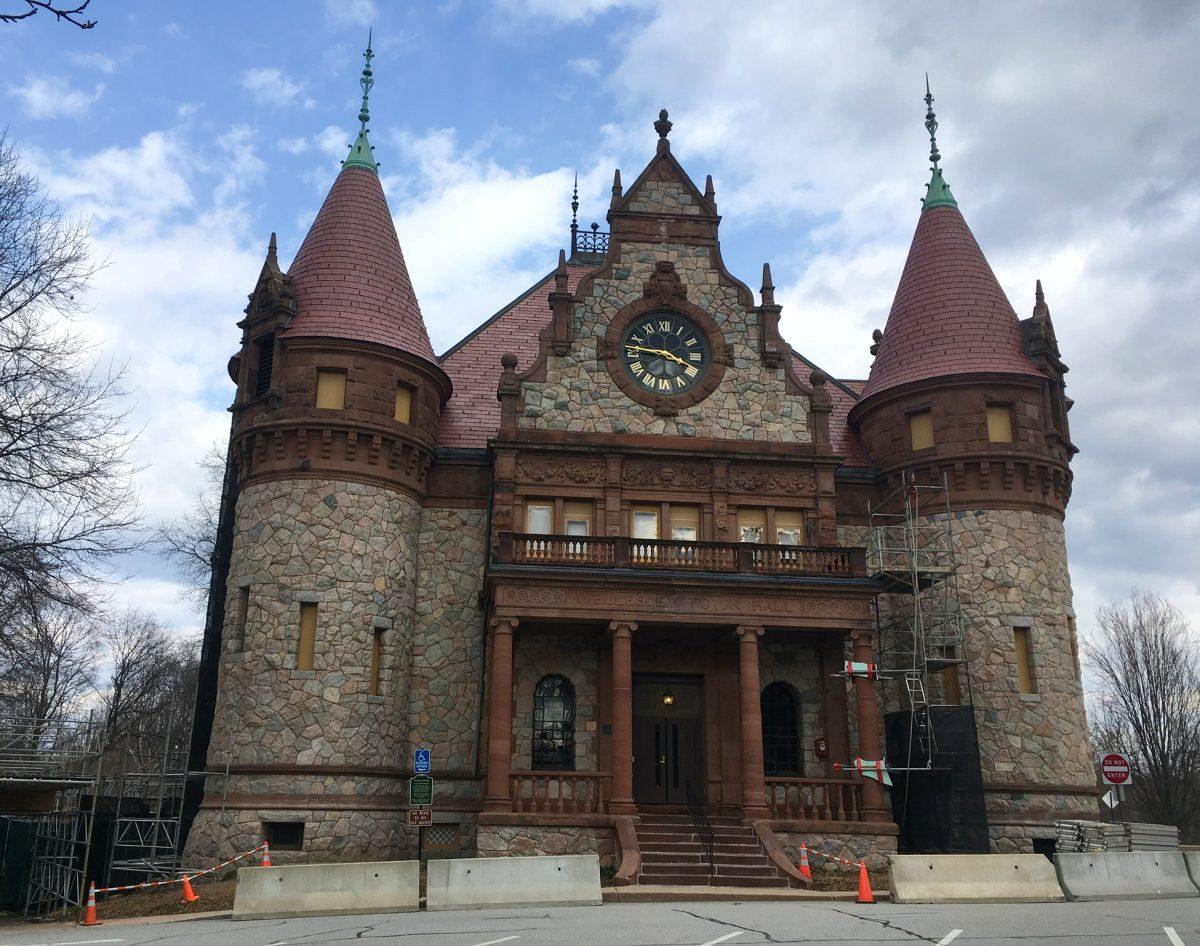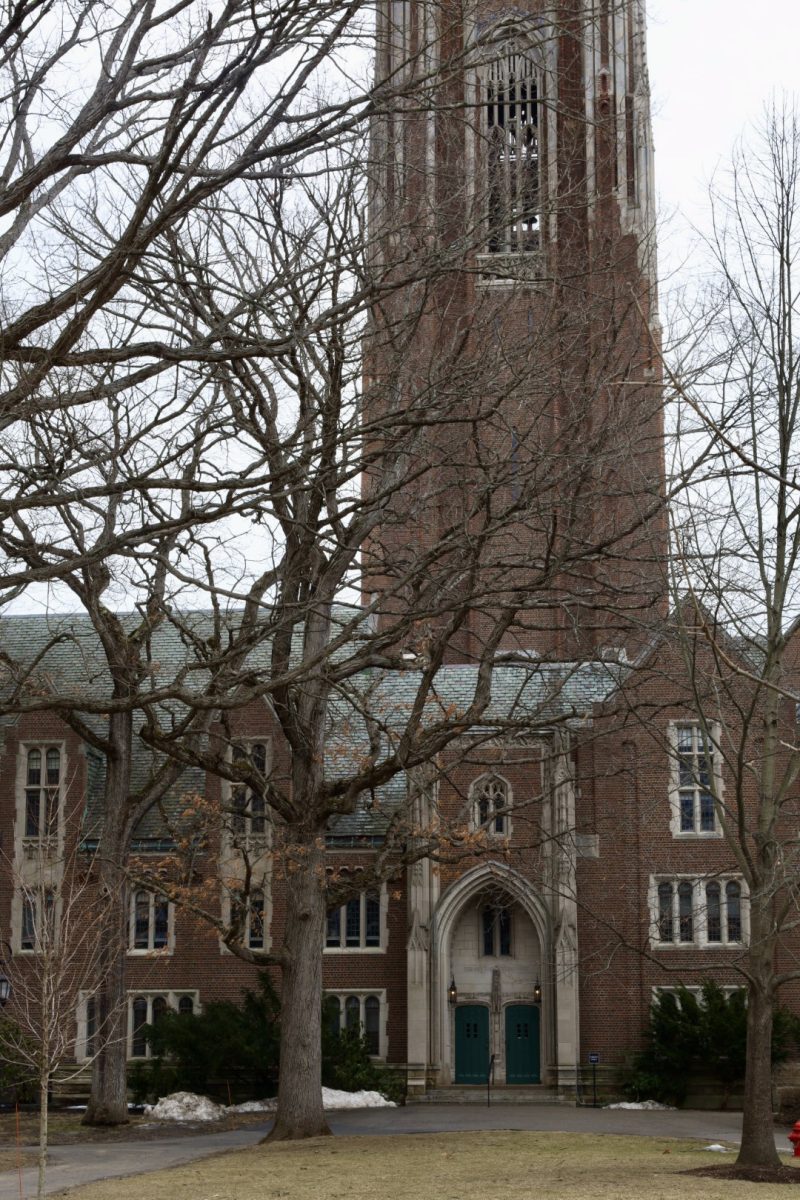On Nov. 14, Wellesley College, which lies on unceded land that belongs to the Massachuesett people, broke with the town of Wellesley when the Academic Council voted to officially recognize Indigenous Peoples’ Day on the second Monday of October. The vote follows a nearly year-long struggle by student activists and organizations including the Native Americans’ Student Association (NASA) and Amnesty International. The resolution, which was introduced earlier this year, passed with 83 percent in favor, 11 percent abstaining and three percent against.
Efforts began at the city-level when Wellesley community members, joined by several Wellesley College students, petitioned the town to officially recognize Indigenous Peoples’ Day over Columbus Day in December 2018. While the petition garnered over 400 signatures, it did not pass the advisory board of Wellesley Town Meeting, the largest collective legislative body in the town of Wellesley. This prevented the petition from being placed on the ballot for a vote. According to the committee’s official minutes, members of the board did not find the change to be necessary and worried about its implications. Although community members said they would continue to push for the recognition, little progress has been made. The town of Wellesley still does not recognize Indigenous Peoples’ Day.
“The racism against Native Americans in the town of Wellesley is intense, and there will likely be a resolution next year which will have Columbus Day and Indigenous Peoples Day on the same day,” said Kisha James ’21 president of NASA. “This is unacceptable because it still celebrates Christopher Columbus, a man who, in case the town of Wellesley forgot, committed genocide.”
Student activists were not dissuaded by the setback. James and then-president of Amnesty International Misia Lerska ’20 began working to bring the issue to campus through their own petition, which they began circulating last spring. At the end of the year, James and current president of Amnesty International Sabrein Gharad ’21 submitted the petition to College President Paula Johnson and Vice President and Dean of Students Sheilah Horton.
According to James, President Johnson acknowledged the petition at one of the first Academic Council meetings of the year and invited any faculty members to bring up a motion to further discuss the issue. Following the invitation, a faculty member requested discussion to be ongoing, which began the process for considering the holiday change.
The College Government resolution was proposed later that month after College Government President Diana Lam ’20 was inspired during a conversation with Associate Dean of Students Carol Bate surrounding hot to utilize the College Government platform to amplify existing student campaigns.
“ It’s really inspiring to see student activists taking this charge up and for college government to be able to work in solidarity with them,” Lam said.
Lam then proposed the idea to the four senate members of academic council — Savannah Roth ’22, Anna Bollman ’23, Caroline Francois ’23 and Alexandria Brooks ’23 — who partnered with James and Gharad to write the final resolution, which passed on Nov. 11 with 92 percent voting yes and 8 percent abstaining.
“We were inspired to do this due to the past year of activism that has been going on throughout campus. This is something that’s been long in the running,” said Brooks. “A lot of our peer institutions have already made this choice to stop recognizing a racist, problematic holiday, which is frankly insensitive to a lot of students on campus and we will now be celebrating the Indigenous students on campus.”
Columbus Day, which did not become a national holiday until 1934, has been criticized by activists for normalizing genocide and other attrocities committed when European colonizers first set foot on the continent. It was first proposed by Italian-Americans looking for a way to legitimize their presence in the country following instances of violent discrimination. The change to recognizing Indiginous Peoples’ Day was first proposed by a group of Indigenous activists in 1977 during a United Nations Conference, but Indigenous Peoples’ Day didn’t get officially observed until 1990 when South Dakota was the first state to vote to recognize it in 1989.
According to James, doing so was “important because “the language and words we choose matter.” The organization Indigenous Peoples’ Day Massachusetts, a group that helps local communities and individuals work to pass Indigenous Peoples’ legislation in the state, said that the recognition of Indigenous Peoples’ Day has major implications on public policy and everyday treatment of Native Americans, and allows Americans to normalize genocide. This sentiment was also reflected in the College Government resolution, which included information about Columbus’s legacy and the importance of a language shift.
“If we continue to celebrate a colonizer like Christopher Columbus, we will continue his legacy of Indigenous erasure,” James said. “Replacing Columbus Day with Indigenous Peoples Day is a way of celebrating the resiliency of the Indigenous Peoples and cultures who, against all odds, survived Christopher Columbus and the settlers who came after him.”
Student support via social media and within College Government demonstrates the overall support among the student body for the change.
“I am absolutely thrilled that Wellesley has decided to recognize Indigenous Peoples’ Day! Wellesley does not have that many Native American students, so having Indigenous Peoples’ Day validates us and celebrates us, something which Wellesley has previously failed to do,” James said. “Wellesley College, like every other Primarily White Institution, is built on stolen Native land, so this is also an important first step in recognizing and rectifying Wellesley’s colonialist history.”






